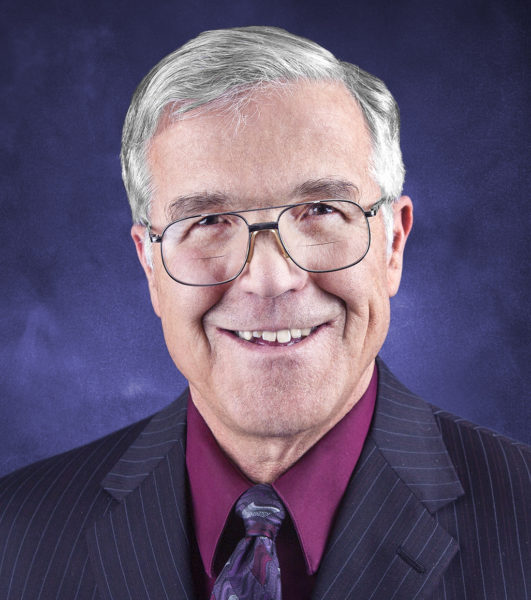Book Review: Alcohol: All Risk, No Benefits
The strength of this book is the 151 references to the literature on alcohol that it provides. Some may wish that such material had been incorporated into the text of the book, rather than provided in a references that must be accessed—however, that would have required a much larger volume than its short 128 pages.
Another strength of this book is that it was written by twelve people, and therefore it contains a number of viewpoints. Most of the authors have distinguished backgrounds—though the academic and research backgrounds of the various authors is generally not provided, with the exception of the two editors.
The book begins with review of the production and use of alcoholic beverages—most likely unknown to those who do not use alcohol as a beverage. This includes comments on alcohol usage in both religion and in society.
Also discussed is the idea that limited use of alcoholic beverages might be beneficial—a popular notion that has been disproved.
Individual chapters deal with the use of alcohol and its effect on the body, the mind, and in society, including the effect on youth and the family. Another chapter deals with prevention and abuse. The chapter on treatment makes it clear that treatment is a medical issue and lists some options for treatment, including the various twelve-step programs.
It also correctly points out that recovery can cycle with relapse.
Two important chapters address the idea of faith and God in the treatment process. This includes the role of clergy and the individual congregation in recovery, and looking beyond dysfunctional behavior to provide emotional support in the recovery process. At the same time, it reminds us of the absolute necessity for confidentiality.
I consider this book to be of value in two areas.
First, it alerts the individual that beverage alcohol is destructive, and medical help is both necessary and available to the person who wants to be treated. Second, it informs family members and friends of the consequences of beverage alcohol and potential help in recovery.
Some, like me, may wish that more detail of the science had been included in the texts. But that was clearly beyond the purpose of this small book. People who work in alcoholism treatment will certainly need more information than is in this book.

Gregory Matthews is a retired pastor from the Potomac Conference. He has also served as a chaplain for the US Army and the Department of Veteran Affairs. He was awarded the Legion of Merit and the Meritorious Service Medal with Oak Leaf Cluster.
To comment, click/tap here.




